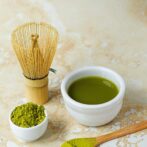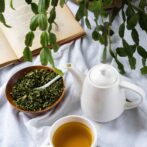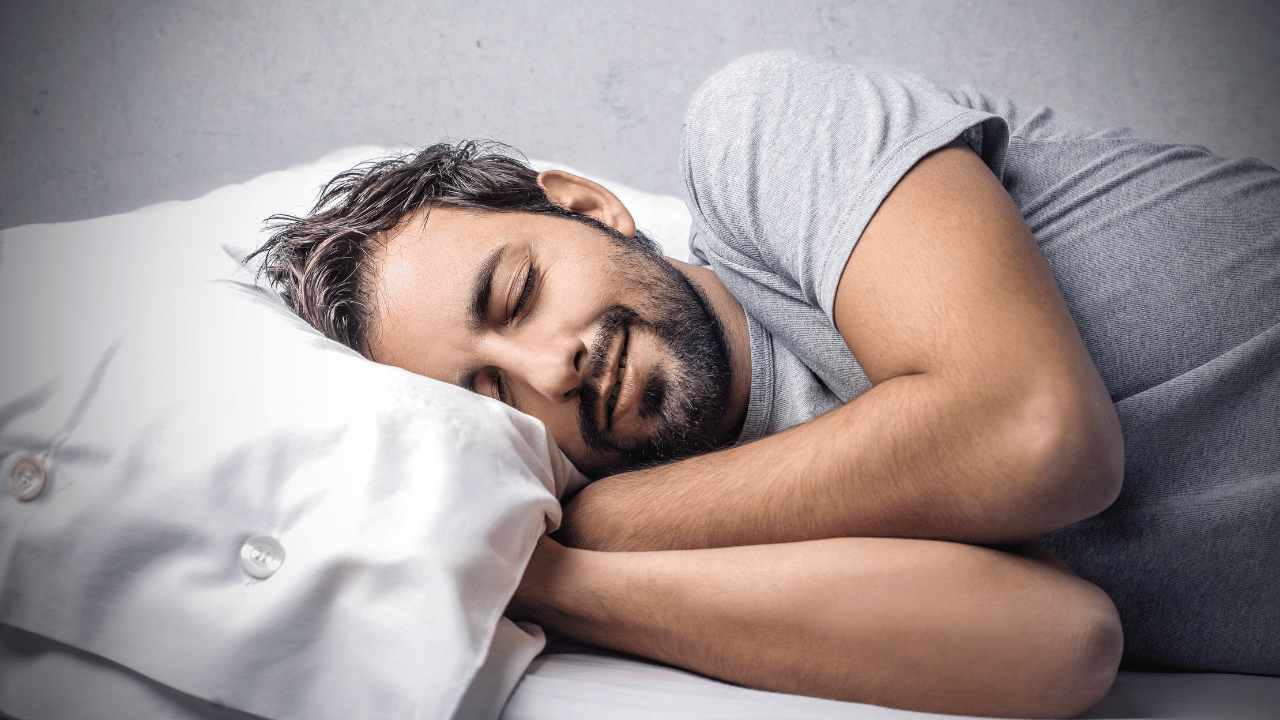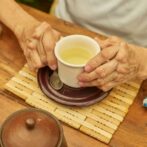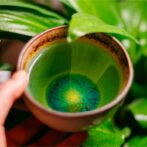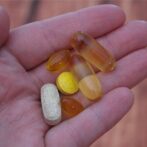Does L-Theanine Work for Anxiety?
L-theanine is a popular amino acid that naturally occurs in tea leaves. Scientists and medical professionals have discovered its calming effect can reduce and manage stress disorders like anxiety and lack of sleep.
Therefore, L-theanine can help you manage anxiety by calming your nerves down, boosting the levels of dopamine and serotonin, and reducing stress hormones in your body. However, L-theanine can come with side effects like lethargy and strange dreams. Although the connection between L-theanine and vivid dreams hasn’t been scientifically proven, it’s important to be cautious.
In this article, we’ll explore how L-theanine works for anxiety and other stress disorders.
How L-Theanine Affects Your Anxiety
Here is a comprehensive breakdown of how L-theanine influences anxiety:
Enhances Relaxation
L-theanine promotes calmness by increasing brain activities that put your body in a restful and relaxed state. This relaxed awareness reduces anxiety, allowing you to relax and fall asleep naturally.
This L-supplement can help you relax without any form of sedation. Furthermore, it achieves this effect without leaving you feeling lethargic, especially when you take the right dosage.
Increases Levels of Serotonin and Dopamine
This amino acid has been found to increase the level of dopamine, serotonin, and other neurotransmitters in your body that help regulate your mood. These neurotransmitters are useful for managing stress and promoting relaxation.
So, these neurotransmitters control your nervous system, allowing you to stay calm even when you’re under pressure. How much L-theanine can you take to get the desired effect? Always stick to the recommended dosage to avoid any side effects and consult with a healthcare professional if you have any concerns.
Reduces Levels of Cortisol
When you face a stressful situation, your body releases a steroid hormone known as ‘cortisol’ to regulate its stress response. L-theanine lowers cortisol levels in your body, thus reducing anxiety.
Does L-theanine affect blood pressure? Reducing the levels of cortisol in your body can lower your blood pressure because stress is a major cause of high blood pressure.
Enhances Cognitive Function
Once you boost your relaxation and reduce anxiety, your cognitive function will improve. Your mind becomes more alert and focused when you’re relaxed. This will help you manage stressful situations that might leave you feeling anxious.
Reduces Nervous Effects of Caffeine
L-theanine has been found to mitigate the jittery effects of caffeine. However, this combination isn’t advisable when you want to boost sleep because caffeine might hinder your brain from producing enough melatonin–the hormone that helps you sleep.
Looking Ahead
Scientific studies and trials have discovered a link between L-theanine intake and reduced levels of anxiety, especially in stressful situations. Although this amino acid can help you manage moderate anxiety and stress, it may not be enough to deal with severe anxiety and other stress disorders.
This is why it’s advisable to talk to a medical expert for advice on how L-theanine can influence your anxiety disorder and the right amount you can take to get the desired effect. Check out Optimal Circadian Health’s resources for more details about how to enhance natural sleep!

Dylan Petkus, MD, MPH, MS
Dr. Dylan Petkus is on a mission to help people overcome their health issues like sleep apnea so they are not limited by their condition or trapped by options that don’t provide full resolution.
He earned his Master’s of Science in Physiology at Pennsylvania State University where he was awarded a research fellowship and was a peer-reviewed published author. He went on to earn both his Master’s in Public Health and Medical Degree from the University of Miami Miller School of Medicine. Thereafter, he specialized in Family Medicine to help patients on the front-line of chronic disease.
Having overcome his own health challenges, including sleep apnea, he strives to help empower others to live fuller, healthier lives.


